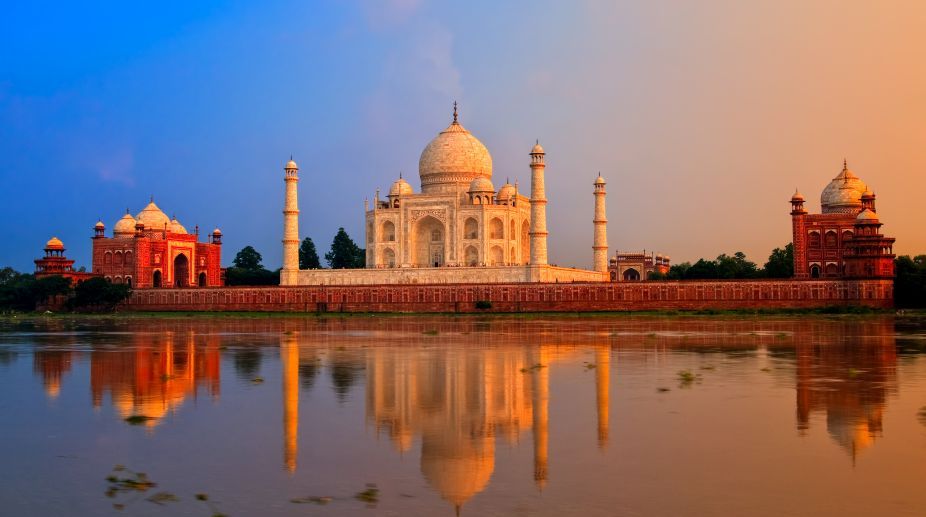BJP and NDA anticipate strong lead in UP’s second phase of LS polls: BJP
From the NDA, seven BJP candidates and one RLD candidate are contesting on these seats.

Taj Mahal (Photo: Getty Images)
From 1 April, a visitor’s ticket for world heritage monument Taj Mahal will be valid only for three hours and exceeding the time limit will incur extra charge.
The decision was taken by Archaeological Survey of India (ASI) to counter increasing footfall of tourists at the monument.
As per media reports, the tickets for Indian nationals is valued at Rs 40, while foreign tourists pay Rs 1,000 each.
Advertisement
If tourists exceed the time limit, they’ll be charged an amount equivalent to a new ticket. This charge will have to be paid at the exit gate, Superintendent archaeologist of ASI (Agra circle) Bhuvan Vikram Singh told Times of India.
Singh also said along with time limit on the ticket, there will be specific time slots and that if tourists fail to arrive at their allotted time, they will be denied entry and will have to buy another ticket to see the Taj Mahal.
Timings for viewing the monument will continue as per the existing schedule.
Taj Mahal daytime timing: Sunrise to sunset every day (6:30 am to 18:30 pm). Taj Mahal Night timings: 08:30 pm to 12:30 am
The monument is closed on all Fridays. But is open on Friday afternoon only for those who have to attend prayers at the Taj Mosque.
Turnstile will be installed at the gates to control the movement of the the tourists, Singh said.
One of the seven wonders of the world, the Taj Mahal was commissioned in 1632 by the Mughal emperor, Shah Jahan to house the tomb of his wife, Mumtaz Mahal.
The monument was designated as a UNESCO World Heritage Site in 1983.
Controversies
Taj Mahal has been embroiled in controversies since 2017. A BJP legislator from Sardhana, Uttar Pradesh, Sangeet Som had stated that Taj Mahal was a “blot on India” because it was built by a Moghul emperor.
While, BJP leader Vinay Katiyar had raked up a controversy by claiming that the 17th century monument was built by Mughal emperor Shah Jahan after demolishing a Hindu temple — ‘Tejo Mahalaya’— that housed a Shivlinga.
Anil Vij, a BJP leader from Haryana, went a step further and called the monument a “Khoobsurat kabristan” (beautiful graveyard). A small group of Hindu right-wingers even chanted Shiva Chalisa on the Taj Mahal’s premises earlier this week.
Advertisement